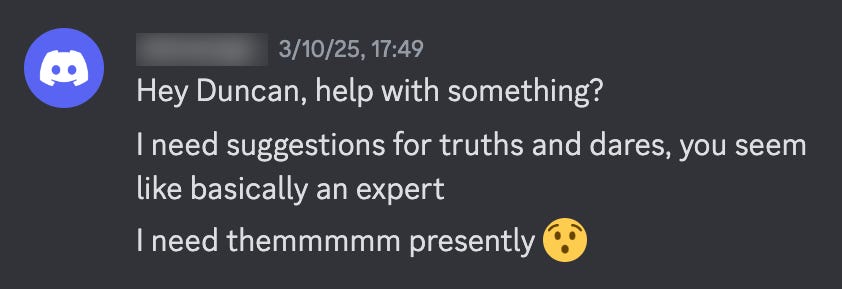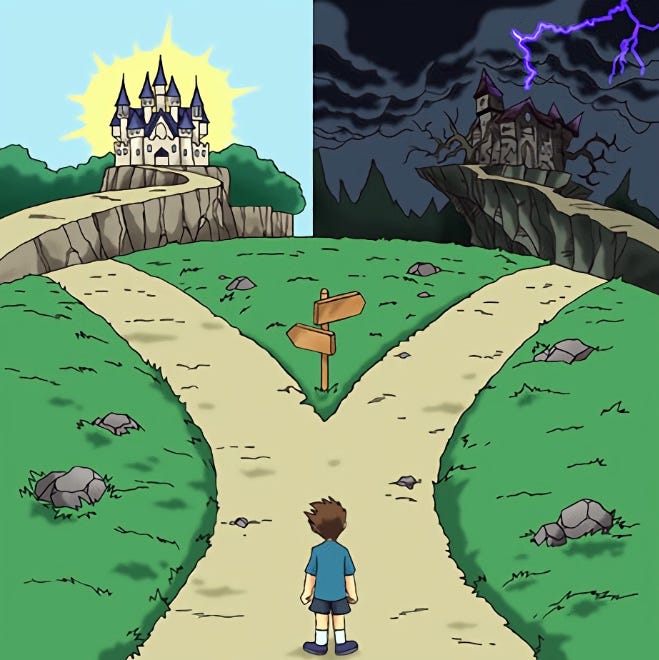
 LessWrong (Curated & Popular)
LessWrong (Curated & Popular) “Truth or Dare” by Duncan Sabien (Inactive)
May 31, 2025
Dive into a rich landscape of ideas, where truth and dare intertwine with personal narratives. Explore the dynamics of cooperation and trust through the stag hunt thought experiment. Reflect on the pitfalls of selective perception and the impact of societal narratives on personal growth. From critiquing the oversimplifications of 'The Secret' to navigating the psychological challenges of corporate algorithms, this deep exploration encourages openness and reassessment of our collective experiences. Discover the transformative power of healing and connection.
AI Snips
Chapters
Books
Transcript
Episode notes
Divergent Worlds Side by Side
- People living side by side can have wholly incompatible worldviews. - Both optimistic and pessimistic views can be equally reasonable based on individual experiences.
Helping People Escape Dark Worlds
- Help people build new worldviews by providing abundant, consistent positive experiences. - Mere safety is inadequate; overwhelming evidence is needed to counter entrenched negativity.
Social Prions and Trust Erosion
- Negative behaviors can spread like prion diseases through social environments. - Anxious or hostile signals cause reciprocal low trust reactions that poison relationships.

















